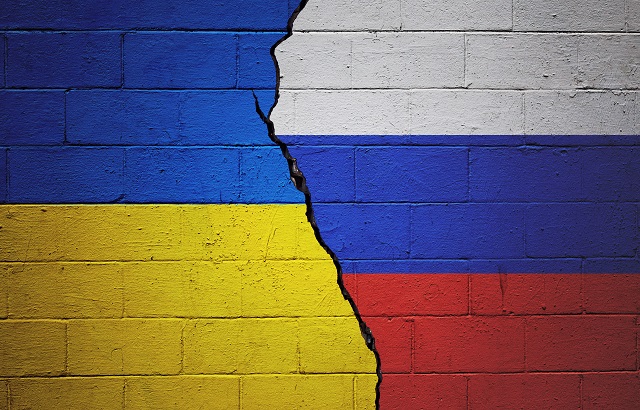Russia’s invasion of Ukraine is a reminder to investors that within emerging markets politics matter just as much as economics, according to John Husselbee, head of multi asset at Liontrust.
While Liontrust’s multi-asset funds do not invest in Russia directly, Husselbee said given the country makes up part of the emerging market universe, its higher-risk offerings do still have exposure to the country which last week launched a full-scale invasion on Ukraine.
“We therefore invest through broadly diversified emerging markets funds and highlighting the impact of this, while the MSCI Russia Index is down more than 24% since the start of 2022, to 23 February, in sterling terms, the MSCI Emerging Markets has only fallen 2%,” he says.
For any investors focused purely on Russian equities, Husselbee points out the market has actually been falling since last year, with the MSCI Russia down over 30%. This, he added, suggests the selling opportunity may have already passed.
“Looking at similar geopolitical situations in the past, while clearly alarming and inflaming short-term volatility, they have tended not to have too much impact on longer-term investment performance,” he said.
“The one caveat today is the possible impact on oil prices; they have already climbed above $100 (£74.59, €89.47) and a prolonged spell of energy inflation could mean overall higher inflation takes longer to dissipate.”
Volatility
With equities bearing the brunt of the sell off, Trevor Greetham, head of multi asset at RLAM, warned investors to expect volatility to remain high for a number of days or weeks as the situation in Ukraine develops.
However, with investor sentiment at its most depressed level since March 2020, he added that the short term risks could soon be to the upside as we reach and pass the period of greatest uncertainty.
“As things stand, we’d most likely use a rally in stocks to reduce our position from a small overweight to neutral or underweight,” Greetham said. “The business cycle is stuck in Stagflation with growth slowing and inflation rising.”
If anything, Greetham added that higher commodity prices could make central bank interest rates rises more urgent.
“This is a poor backdrop for stocks, especially the more expensive sectors and regions like technology and the US market,” he said.
Lower returns
Indeed, after a strong rally in equity markets since the earliest days of the pandemic, Husselbee said the Liontrust multi-asset team are expecting lower returns and more volatility in 2022.
“This situation will add to the latter, on top of fears around higher interest rates – although greater geopolitical uncertainty might feasibly prompt central banks to be more cautious on rate hikes expected in March,” he said.
He added: “This year will likely prove to be a test of nerve, and as always, we encourage against attempting to move in and out of markets if things get choppy; ultimately, the best antidote to short-term volatility is diversified portfolios and a resolute focus on long-term outcomes.”
Diversification
Like Husselbee, Greetham said the Ukraine crisis underlines the value of broad diversification as a way to improve resilience to shocks.
“Our multi asset funds include commodities, commercial property, and a larger allocation to the less expensive UK equity market, all areas performing well or relatively well during this more inflationary period,” he said.
While the Russia-Ukraine crisis clearly generates considerable risks in its own right, Erik Knutzen, chief investment officer of multi-asset at Neuberger Berman, said it also adds an unwelcome geopolitical layer to the challenge of high inflation.
“We have already seen Germany suspend certification of Nord Stream 2, which will likely add to Europe’s energy price inflation,” he said. “Additional sanctions have the potential to add to those pressures,” Knutzen added.
For example, Russia provides 6% of the world’s aluminium, which Knutzen said is already in short supply, and it is also an important producer of precious metals such as palladium and platinum, which are critical for the transition to the net-zero economy.
He said: “We consider commodities in general, and precious metals in particular, to be effective hedges against periods of high inflation paired with low or slowing growth—heightened geopolitical risk adds more support to these assets.”
Fixed income
From a fixed income perspective, Cathy Hepworth, head of emerging markets debt at PGIM Fixed Income, said while the situation adds to an already uncertain market, she does not see it as a ‘sudden stop event’ for the EMD asset class.
“Emerging markets remain differentiated, with many issuers that can demonstrate resilience,” she said. “It is unlikely that broad EM would underperform other risk markets once recent events are digested.
“At this juncture, it does not appear current events will lead to a global systemic shock.”








